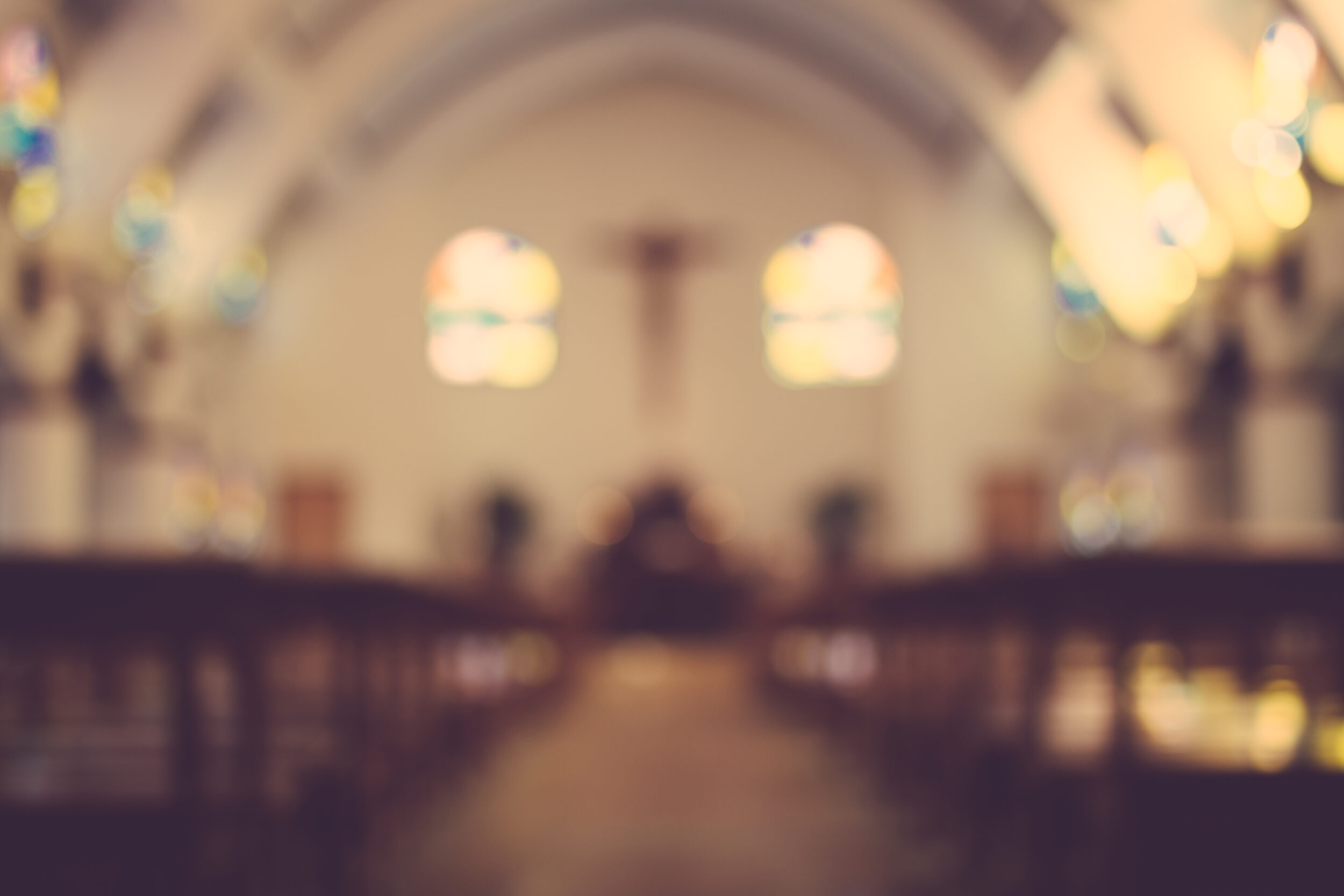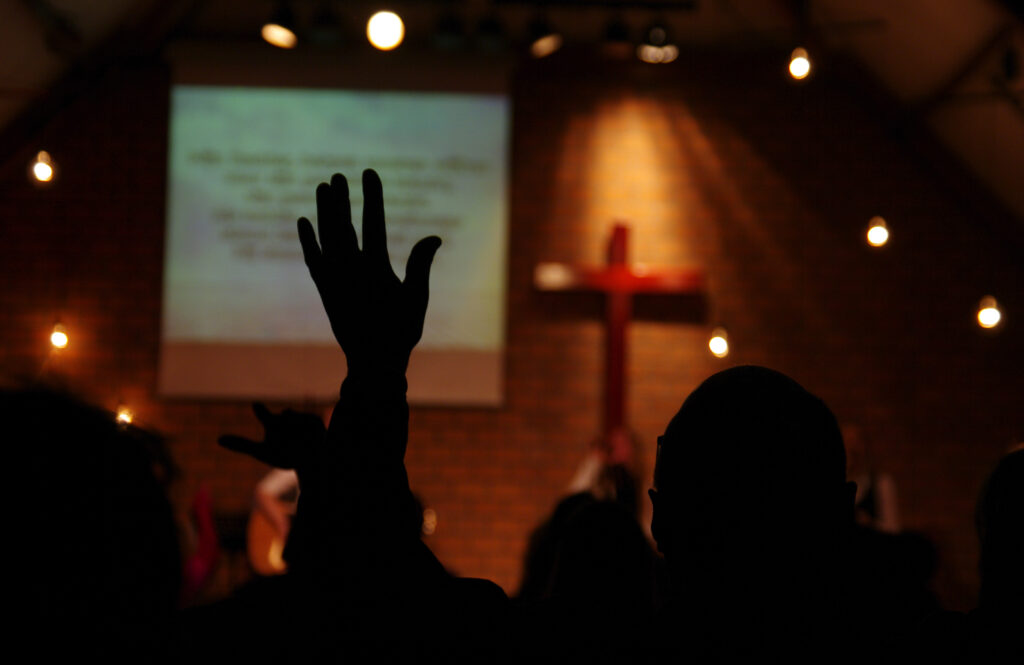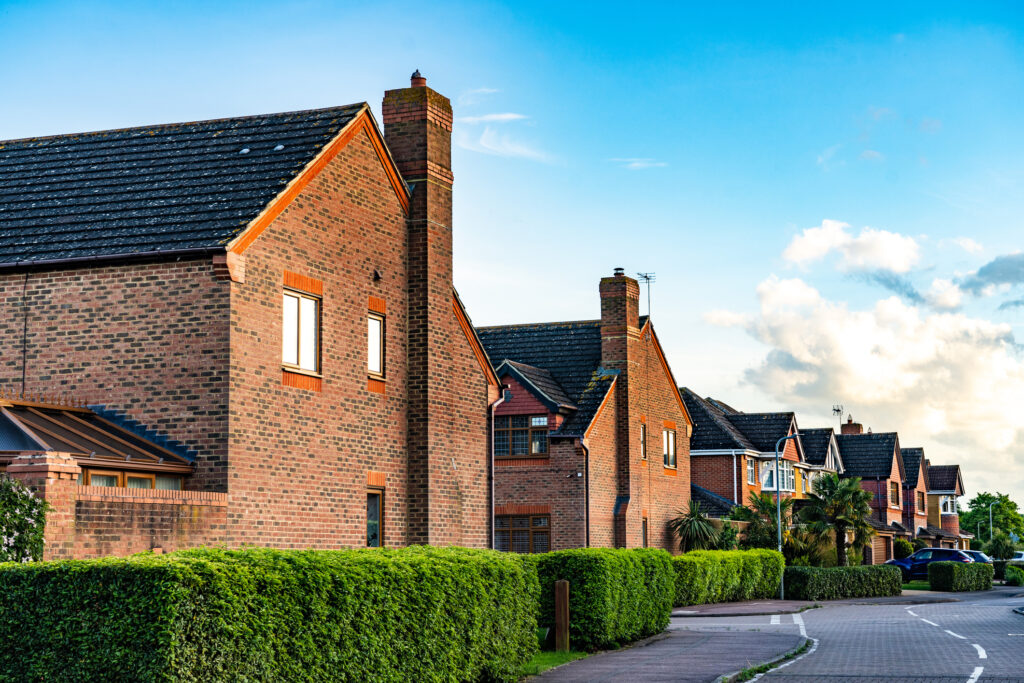
“Our church is a legacy to pass to the next generation”
After over 20 years of renting, Elpis Ministries has finally bought its own church premises. It couldn’t have done so without the help of a £1.27 million loan from Charity Bank. Pastor Victor Darteh tells us more.
Why did you decide to buy your own church premises?
From the very first day that we started the church, our vision has always been to have our own premises. We wanted the stability, a place to call home, and a lasting legacy to pass onto the next generation. This building also gives us space to grow. At the moment, around 110 people attend a service. In the new building, we’re aiming to increase that to over 150.
What are the benefits of moving from renting to ownership?
There’s not a big difference in terms of monthly costs, but obviously we’re increasing the equity that we own. The main benefit is stability. We know that we’re not going to have to move, which changes how we use the church.
What plans do you have for the building?
A lot! We’re planning four phases of renovation work. Everything should be finished by December 2023. As well as providing a place to worship, we want to integrate even more into the wider community and create a place that local people can benefit from, for example through a youth centre and soup kitchen.
Our community programmes currently reach around 50 people a month. I think we can double or triple that in the new property. We haven’t fully moved in yet, but we’ve made a lot of contacts with the local community already. For instance, we were invited to the local mosque last month.
You’ve bought the church with a combination of your own funds, a loan from Charity Bank and a loan and grant from Social Investment Business (SIB). How did the loans and grant come about?
It’s very difficult to get a loan as a church, because lenders have biases and think our income is not sustainable. The moment we said we were a church, the barrier would go up. One bank was prepared to lend us the money, but they wanted a 40% deposit.
We were finding things difficult until a broker recommended Charity Bank, which agreed to loan us 65% of the cost. That extra 5% makes a whole lot of difference!
However, even with the Charity Bank loan, we still needed a bridging loan, so Charity Bank recommended we talk to SIB. They were generous enough to give us a grant and a loan.
Did you have any concerns about taking out such a large loan?
Yes. This is our first major loan and our first property, so it was a bit daunting. We were concerned about whether we could maintain a loan, but we have a consistent record of paying for rent, which gave us confidence.
Our fears were relieved a little by Charity Bank, who I soon realised are very ethical.
How did you find the process of applying for the loan?
There were some complications with the vendor, but everything with Charity Bank was straightforward. I am so grateful to John Murray and Sue Potter and how they facilitated everything. It was very easy to work with them. Some of the terminology was new to us, but they were always gracious enough to explain and make everything clear: “This is what it means, and we need you to do this.”
Is there anything that churches and other non-profits can do to make the loan process easier?
Keep good records and have a good accountant. You need to properly understand your finances before you approach a financial institution. We had that covered, which meant it was quite easy to supply any information that was required.
Do you think it’s important for faith organisations to use an ethical bank?
It is very important, because we can’t preach one thing and have our money do something else. We need to make sure that what we’re trying to achieve is not being harmed by what our money is doing.
Is there any way you could have bought the property without a loan?
No, it would have taken my lifetime to raise that amount of money. Without Charity Bank, there’s no way we could have purchased this building.
It must feel like a tremendous achievement to finally buy your church premises?
Yes, I felt elated when it all went through. I wanted to do cartwheels! On the day of completion, I sat by the computer monitoring every second of what was going on. This is a huge achievement for us as a church.
About Charity Bank
Charity Bank is the loans and savings bank owned by and committed to supporting the social sector. Since 2002, we have used our savers’ money to make more than 1400 loans totalling over £605m to housing, education, social care, community and other social purpose organisations.
Nothing in this article constitutes an invitation to engage in investment activity nor is it advice or a recommendation and professional advice should be taken before any course of action is pursued.


